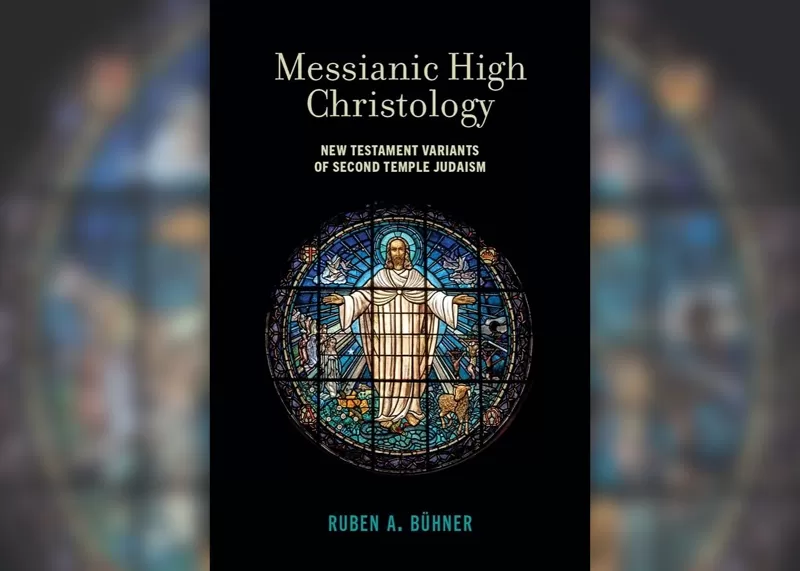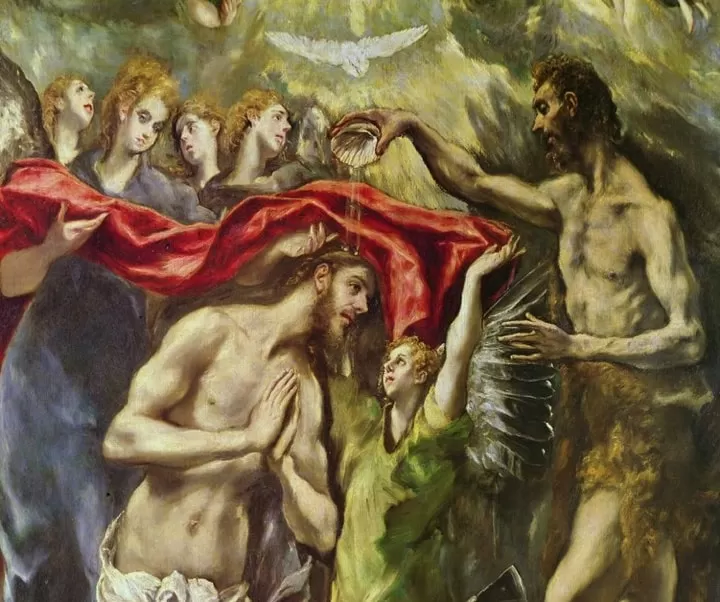In the form of a god: how Greeks heard the story about Jesus (video)

A couple of weeks back, I gave a short presentation at the SBL Global Virtual Meeting setting out the central argument about the opening lines of the Philippians Christ encomium from my book In the Form of a God: The Pre-existence of the Exalted Christ in Paul. This video is an improved version of that presentation.






Recent comments